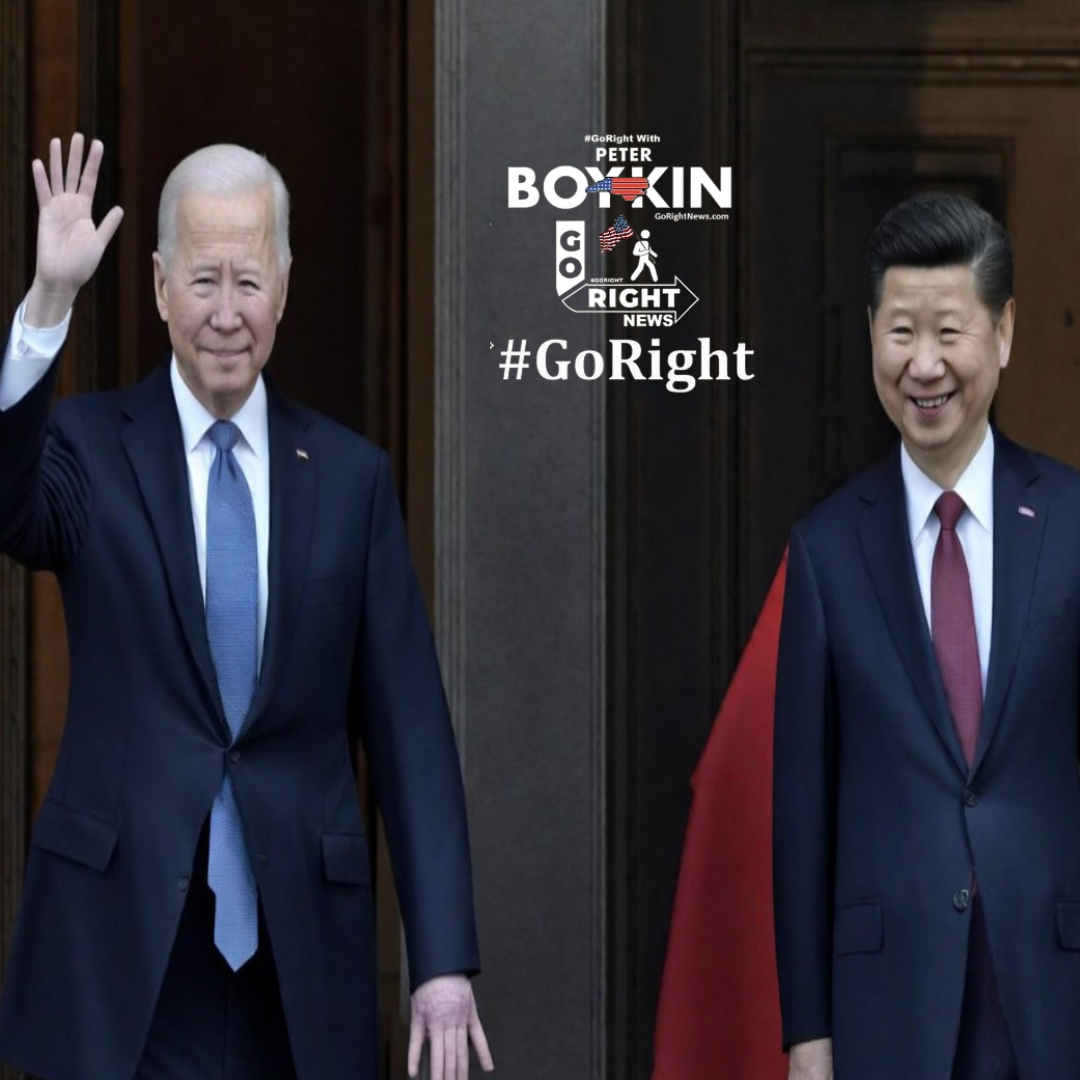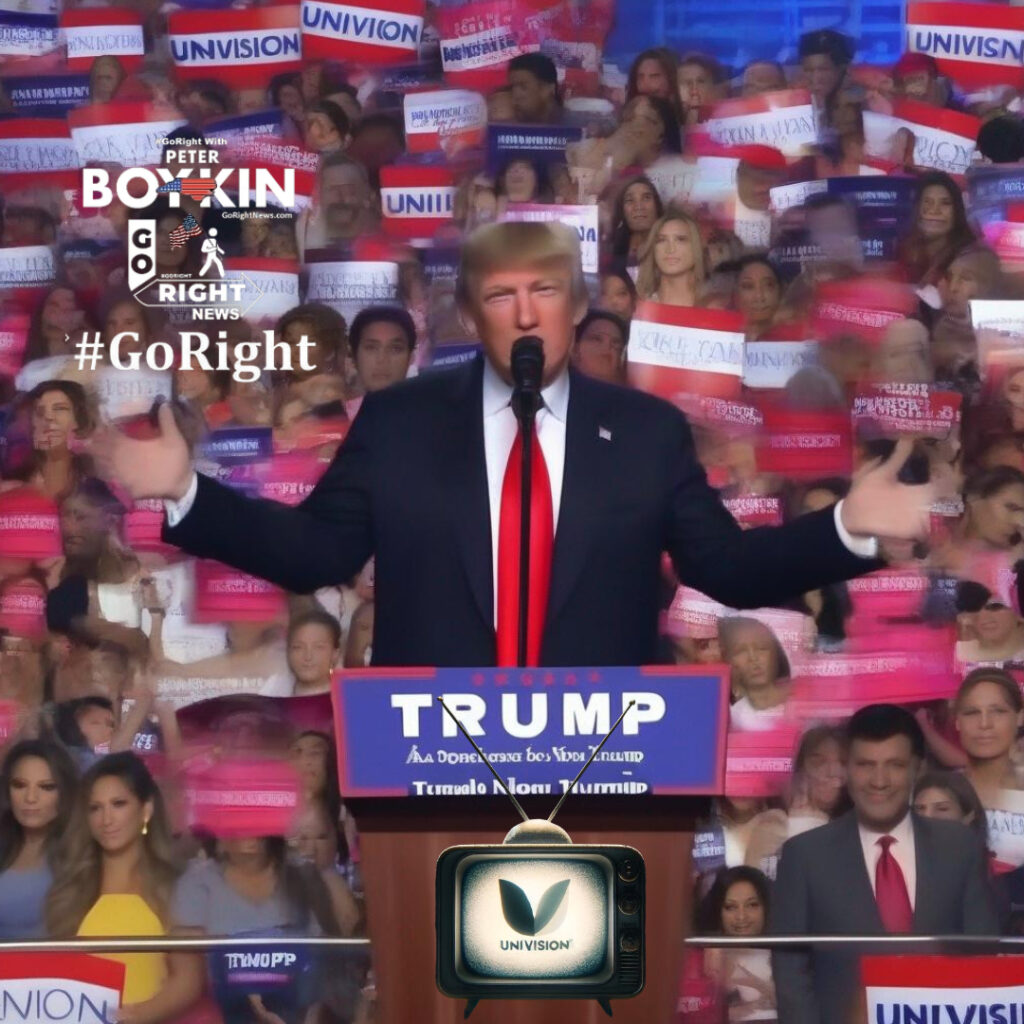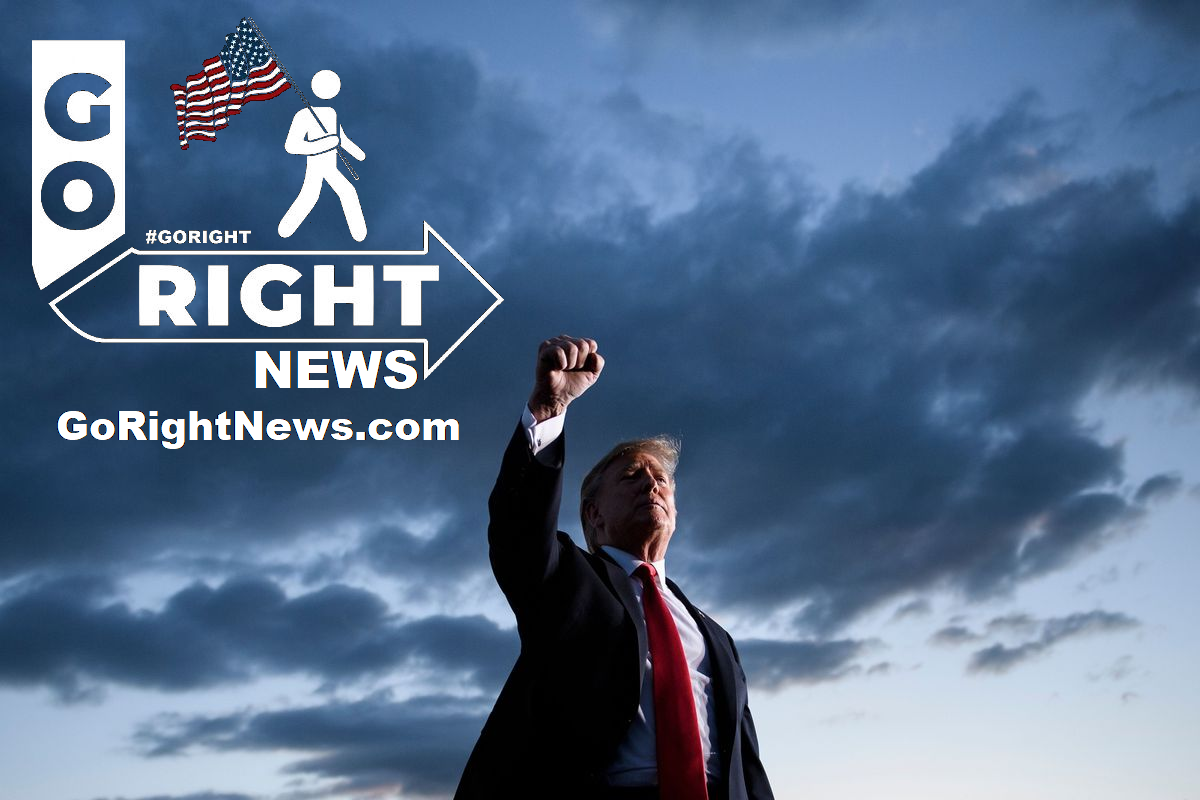Biden-Xi Summit: Hollow Agreements Amidst Heightened Tensions
Shared By Peter Boykin – American Political Commentator / Citizen Journalist / Political Candidate

Key takeaways Biden meets with Xi
Biden-Xi Summit: Hollow Agreements Amidst Heightened Tensions
In a bid to mend the strained relations between the world’s two leading superpowers, President Joe Biden engaged in a high-stakes meeting with Chinese President Xi Jinping during the Asia Pacific Economic Cooperation Summit (APEC) in San Francisco. However, the rendezvous resulted in symbolic agreements rather than concrete solutions.
Marking only the second encounter between Biden and Xi, the summit was the first dialogue in over a year, aiming to recalibrate the tense bilateral relationship.
Outlined by the Biden administration, the purported agreements from the meeting included pledges to reestablish military communications, collaborate in curbing the influx of fentanyl originating from China, and joint efforts to combat climate change. However, skepticism arises as none of these pledges hold binding enforcement mechanisms, echoing the sentiment of “Just words. Inspiring words,” reminiscent of a popular quote from Michael Scott in The Office.
Critics highlight China’s history of making unfulfilled promises, raising doubts about the credibility of these agreements and their effectiveness in addressing substantial issues.
Addressing the post-meeting dynamics, Biden emphasized the newfound accessibility for direct calls between the leaders, asserting, “He and I agreed that either one of us can pick up the phone and call directly.” This statement attempts to alleviate concerns over China’s prior dismissals of Biden’s calls and that of military leadership following the controversial spy balloon incident.
However, Xi’s narrative in his recent speech suggested a contrasting perspective, questioning whether the relationship between the nations was based on adversarial or cooperative grounds. Despite portraying China as committed to peaceful development and a non-threatening stance, recent actions have contradicted these assertions.
The controversy around Xi’s leadership style surfaced once more when Biden, when asked about his previous remarks calling Xi a “dictator,” stood by his statement, emphasizing Xi’s role as the head of a communist country. The distinction between Xi’s presidency and the democratic legitimacy of his leadership remains a point of contention, as Secretary of State Antony Blinken reacted noticeably to Biden’s classification.
Notably, the absence of a joint statement post-summit signifies lingering tensions and unresolved disparities between the U.S. and China, suggesting that the diplomatic thaw remains elusive, with the relationship continuing to be fraught with tension.
This Article is Brought to you by Go Right News and Edited by Peter Boykin
Visit GoRightNews.com for More Articles and Visit PeterBoykin.com to Learn more about Peter Boykin


